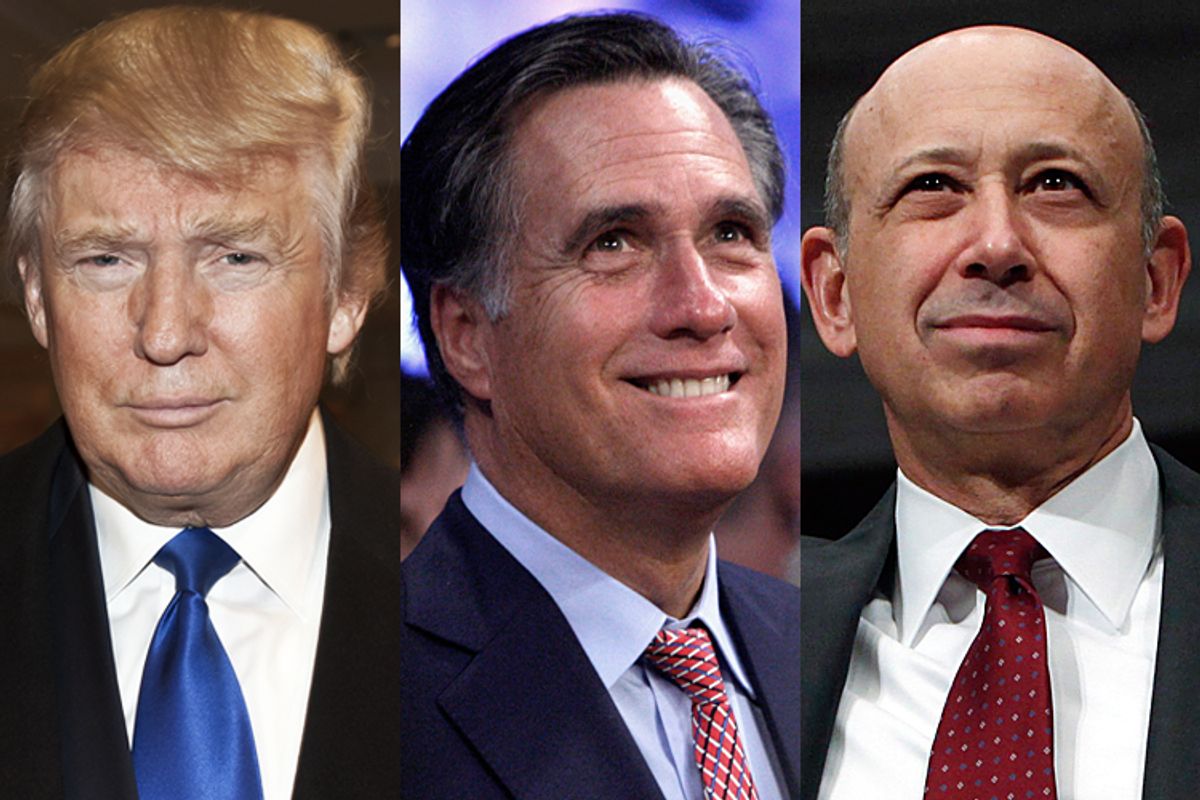French economist Thomas Piketty released into the English-speaking world last week his 700-page magnum opus titled “Capital in the 21st Century,” setting off a firestorm of media commentary. In the book, Piketty painstakingly reconstructs the last couple of centuries of wealth and income inequality in the world and provides cogent theories to explain their dynamics. He uses those theories and projections about future growth to predict what the next century of inequality will look like, and it’s not a pretty picture. Among other things, we could see the rise of inheritance as a major player in economic fortunes.
For most of America’s history, inheritance has played a limited role, but this is probably largely owing to historical accident. When you start out as a country of 3 million people and grow your population as rapidly as the U.S. has, inheritance can’t loom that large. Such rapid population growth, and the overall national income growth that accompanies it, ensures that the bulk of the wealth at any given time is new wealth. It also ensures that year-over-year gains to stockpiles of old wealth can’t dominate everything else.
Because of these historically contingent factors, inheritance and capital stockpiling have not played the kind of role in the U.S. that they have in many European countries, most notably France and Britain. Even still, what we know of inheritance in the U.S. paints a bleak picture.
A 2011 study by Edward Wolff and Maury Gittleman found that the wealthiest 1 percent of families had inherited an average of $2.7 million from their parents. This was 447 times more money than the least wealthy group of people — those with wealth less than $25K — had inherited. In between the wealthiest and least wealthy groups, inheritance levels ran in exactly the direction you would expect: the wealthier a group of people was, the more they had inherited.
As outrageously lopsided as these inheritance disparities seem, they only reflect half of the inheritance problem. The funny thing about piles of wealth is that they deliver to their owners passive, unearned streams of income variously called rents, dividends, profits, capital gains, interest and so on. Those who get big inheritances can park those inheritances in investment accounts that just get bigger and bigger without them having to lift a finger. As a result, the gaping inheritance disparity actually grows even more gaping each year after the inheritances have been received.
Although the significance of this inheritance mechanism was rather muted in the past, Piketty argues that this muting may be coming to an end. We no longer have the rapid population and economic growth that kept the significance of inheritance at bay. Moreover, wealth is already increasingly concentrated in the hands of the few, with over 30 percent of it in the hands of the top 1 percent and over 70 percent of it in the hands of the top 10 percent. If the creation of new wealth slows down and old wealth continues its concentration upward, intergenerational transfers of wealth become a much bigger deal.
Children of the wealthy could wind up receiving increasingly larger shares of the national wealth bequeathed to them, wealth that will allow them to generate soaring incomes from capital income alone. If that happens, the meritocratic rhetoric that we use to justify America’s extraordinary levels of inequality will only become even more preposterous and delusional. Inheriting big piles of wealth and then using those piles to bring in even more unearned wealth is the exact opposite of meritocracy.
Of course, none of this troubling inheritance stuff has to happen. The slowing of population and economic growth will tend toward greater wealth concentration and inheritances in the economic system we have as it is currently constructed. But we can construct it along more egalitarian lines if we want to. We can construct it in ways to break up wealth concentrations and intergenerational wealth transfers, most notably through taxes and redistribution. However, given how crazily many react to things like inheritance taxes (or “death taxes” as the meritocracy-loving conservatives call them), the changes that would head off this grim inegalitarian future may be politically impossible.



Shares